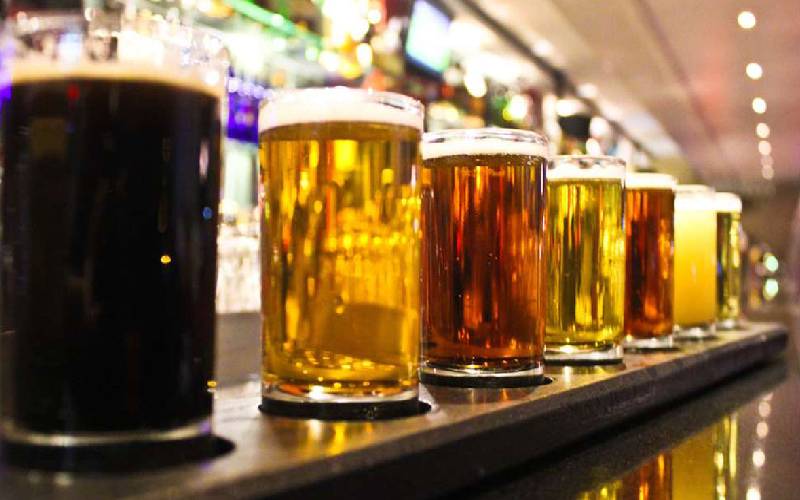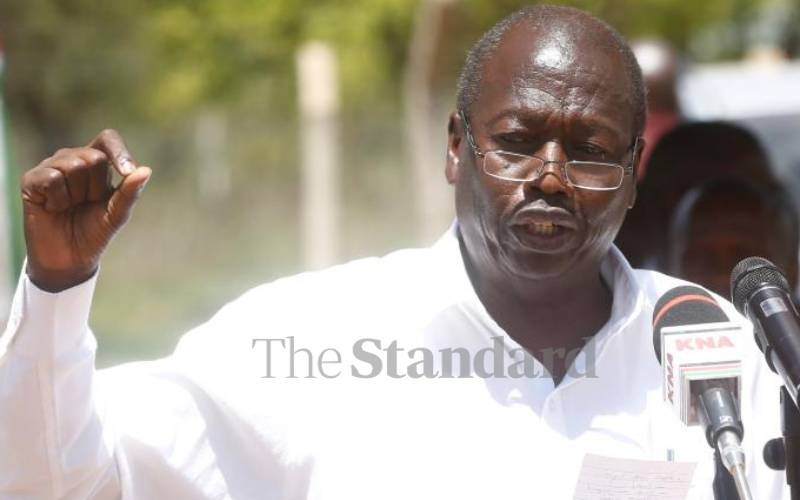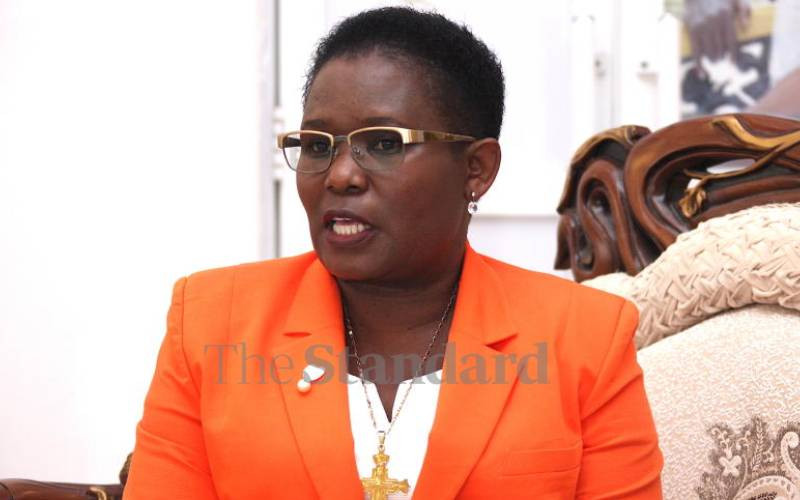
Only 3,000 bars will be allowed to operate in Nairobi County if a proposal by the County Liquor and Licensing Board is approved by the County Assembly.
The drastic reduction from more than 12,000 bars is contained in a policy document currently being prepared by the board, and is set to be presented to the County Assembly in two months.
This was revealed during a budget and appropriations committee, where the County Deputy Director of Liquor Licensing Hesbon Agwena said the policy was aimed at capping the number of bars in the city.
Mr Agwena also told the committee the policy would contain information on the maximum number of bars within every location.
The Robert Mbatia-led committee heard that when the board was constituted in 2014, there were only 7,200 bars licensed by the county government. A survey conducted in 2016, however, revealed that there was more than 12,500 bars in the county, with most of them operating illegally in informal settlements.
The Central Business District, it emerged, has 2,000 bars, but only 736 were licensed to operate. On average, 50 bars are opened in Nairobi every three months.
“If this policy is enforced, then it will affect more than 4,000 bars, which, according to our investigations, do not meet the required operating and health standards,” he said.
The committee further heard that approximately 3,000 bars might have closed down in the last three to four years and the liquor board officials were in the process of mapping out existing ones to establish the exact current number.
“The highest number of bars that we have ever collected revenue from are 7,200 in the 2014/2015 financial year, but the number has been decreasing every year,” said Agwena.
The deputy director noted that the county only licensed bars with plot numbers, saying that most of those in informal settlements were operating in or on top of residential houses, thus could not be licensed.
Agwena pinpointed informal settlements such as Kibera, Dandora, Mathare, Umoja, Kangemi, Kayole, Ngomongo and Korogocho as some of the notorious areas where bars and liquor outlets were situated within residential areas.
County sensitisation officer Mwaka Mwola blamed the mushrooming of bars and liquor outlets on collusion between City Hall officials and bar owners as well as lack of control measures.
 The Standard Group Plc is a
multi-media organization with investments in media platforms spanning newspaper
print operations, television, radio broadcasting, digital and online services. The
Standard Group is recognized as a leading multi-media house in Kenya with a key
influence in matters of national and international interest.
The Standard Group Plc is a
multi-media organization with investments in media platforms spanning newspaper
print operations, television, radio broadcasting, digital and online services. The
Standard Group is recognized as a leading multi-media house in Kenya with a key
influence in matters of national and international interest.
 The Standard Group Plc is a
multi-media organization with investments in media platforms spanning newspaper
print operations, television, radio broadcasting, digital and online services. The
Standard Group is recognized as a leading multi-media house in Kenya with a key
influence in matters of national and international interest.
The Standard Group Plc is a
multi-media organization with investments in media platforms spanning newspaper
print operations, television, radio broadcasting, digital and online services. The
Standard Group is recognized as a leading multi-media house in Kenya with a key
influence in matters of national and international interest.









